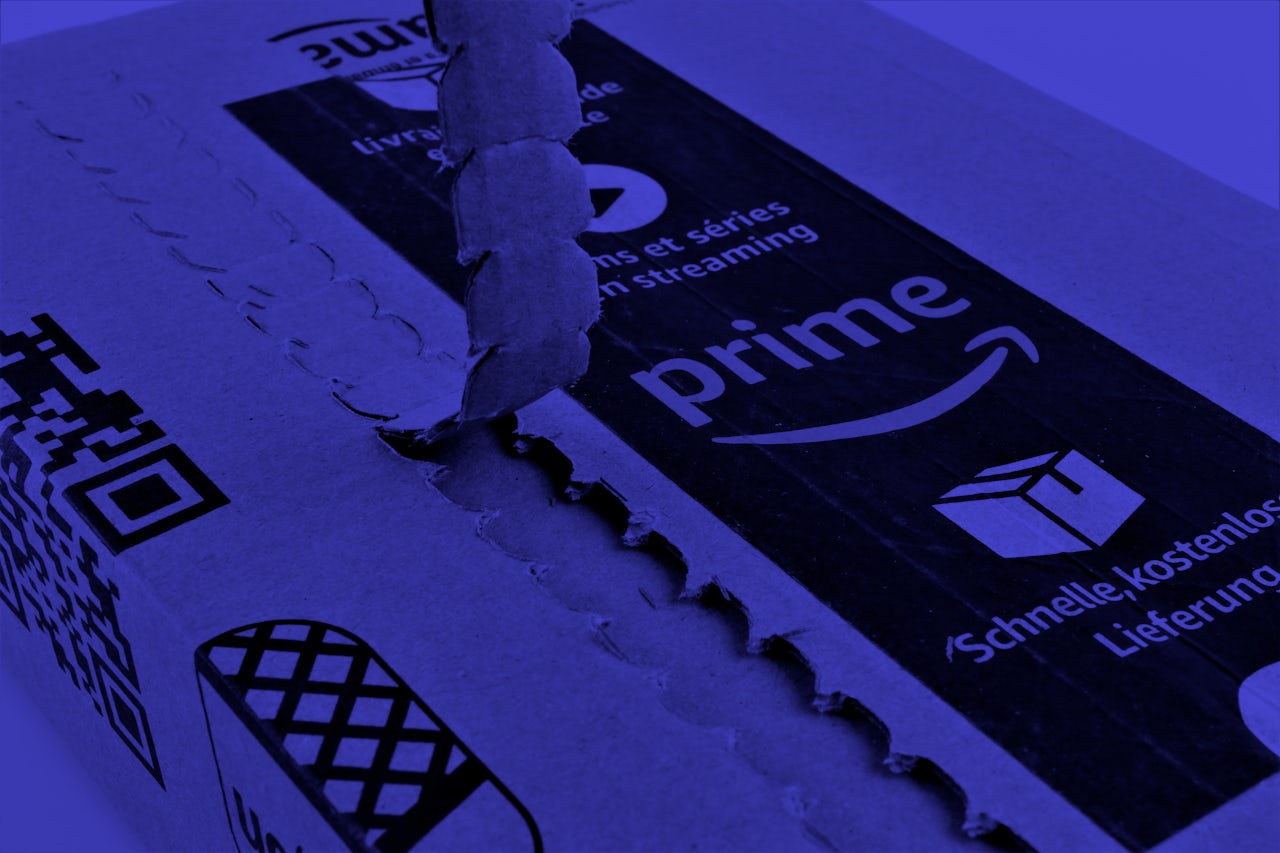There’s a curious story in the Boston Globe this week about a retired couple in Massachusetts who have been deluged, starting this past autumn, with stuff they never ordered from Amazon. At first, Mike and Kelly Gallivan thought the free phone chargers, electric hand warmers and other cheap electronics were funny. But as spree continued, they started to get creeped out.
According to two former Amazon employees the Globe spoke to, the Gallivans are probably unwitting participants in a scheme to manipulate Amazon’s review system. “Verified reviews,” which are valued very highly in Amazon’s algorithm, can only be created by customers who have actually bought the product through Amazon. Buying items (with untraceable methods) and sending them to arbitrary addresses would give a seller several opportunities to give themselves verified reviews without leaving any tracks.
Bad actors have long juiced Amazon ratings, which assign products between one and five stars. Back in 2012, crime author RJ Ellory was busted for using a fake name to call his own book a “modern masterpiece” on the site while leaving disparaging reviews about books by fellow writers. In recent years, an entire cottage industry has sprung up that will not only drum up positive reviews on behalf of a conniving seller, but even trash its competitors.
Amazon was little help to the Gallivans. When they contacted the company about the strange deliveries, a representative could tell them only that the merchandise had been ordered using a gift card. When the Globe contacted Amazon, the company provided few additional details.
In reality, brands have little incentive to crack down on misuse of their platforms. In one previous Outline story, we found that YouTube is overrun with fake concert footage, and though the company pledged to look into the problem, the fake videos are still appearing weeks later. In another, we uncovered a network of Twitter bots that divided their time between praising Jesus and plugging an obscure tchotchke shop.
To its credit, Amazon has filed several rounds of lawsuits against people on task service Fiverr who Amazon says offered to write fake reviews, and specialized marketplaces with names like BuyAmazonReviews.com. But the company, which has invested heavily in artificial intelligence in recent years, could probably do more to root out the paid reviews preemptively.
Third-party sites like Fakespot and ReviewMeta are already able judge which Amazon reviews were likely manipulated. In many cases, a New York Magazine writer pointed out in a feature about those services, a stark division between searing one-star reviews and poorly-written five-star ones is enough to alert a savvy shopper that the ratings have been cooked.
But back in the suburbs of Boston, none of that matters to a pair of retirees who keep getting deliveries they don’t want.
“We’re just plain, ordinary people,” Kelly Gallivan told the Globe. “We don’t want any part of this. But the packages just keep coming.”
